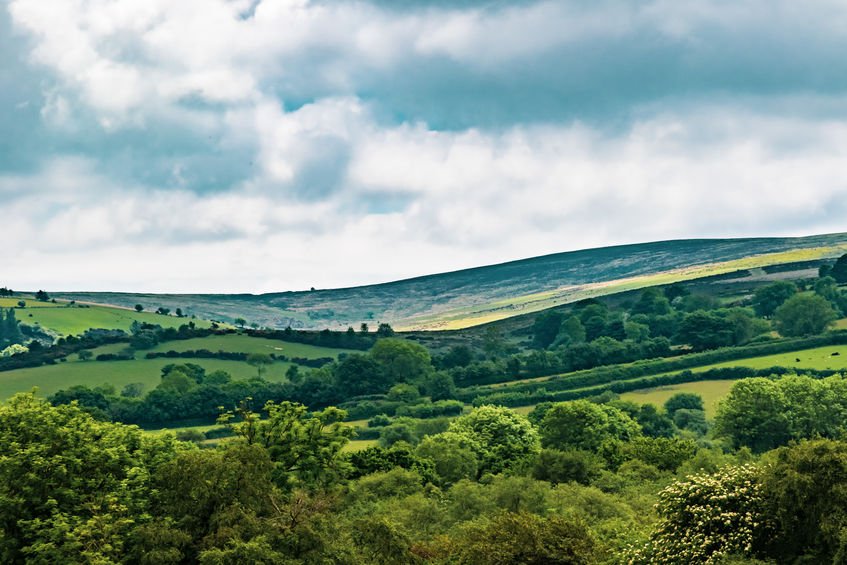
The second quarter of 2020 has seen double the number of registrations of buyer applicants for lifestyle and amenity farmland compared to the same period last year.
Despite the record low offerings of 2019, publicly marketed farmland looks set for another record-breaking low in 2020.
According to the latest research from Savills, the extent of the pandemic lockdown has begun to show in market activity figures.
Across Britain, just 36,600 acres were brought to market for the six months to 30 June, 52% down on the same period for 2019.
Market activity picked up significantly as lockdown restriction were eased. Figures show 47% of supply was launched in June alone.
Farmland values remain firm with Britain’s average 'all types' farmland indicator price increasing ever so slightly to £6,690 per acre, a total of 0.5% higher than June 2019.
Alex Lawson Savills head of farms and estates said: “For some time now, tight farmland supply has limited price volatility in our analysis of sales.
"In reality, however there is a wide range of prices achieved either side of the average as quality, location and sale conditions tend to set relative values.
"Buyer and seller motives further influence the equation, but it is possible we may see a further scarcity premium paid if farmland supply maintains low turnover rates”.
Furthermore, Savills' website traffic searching for farms and estates is 50 percent above pre-lockdown levels.
The estate agency said this pent up demand was evident across the farmland market, with buyers increasingly frustrated by a prolonged period of limited supply.
Commercial farms for sale or let have received strong interest indicating fresh confidence in the sector, as have those with environmental service delivery potential.
Savills said confidence from commercial farmers was 'somewhat mixed' with some progressive farmers looking actively to expand holdings and achieve scale for the future.
On the other hand, extremes in weather patterns and Covid-19 related disruption have negatively impacted farm operating profits for some sectors and may act as a catalyst to bring property to market.
Angus Locke, of Savills rural research said: “Overall, the outlook for the farmland market is expected to remain positive in light of significant global uncertainty and a refocus on domestic food security over the coming months.
"Low supply should continue to hold values firm and scarcity may well encourage premiums to be paid for the best in class.”
He added: “The sector is however poised for significant change as impending subsidy reform and trade negotiations continue to develop in detail.
"The government also hasn’t ruled out toying with the political football of capital taxation changes, which could impact land buying or selling positions for many.”
